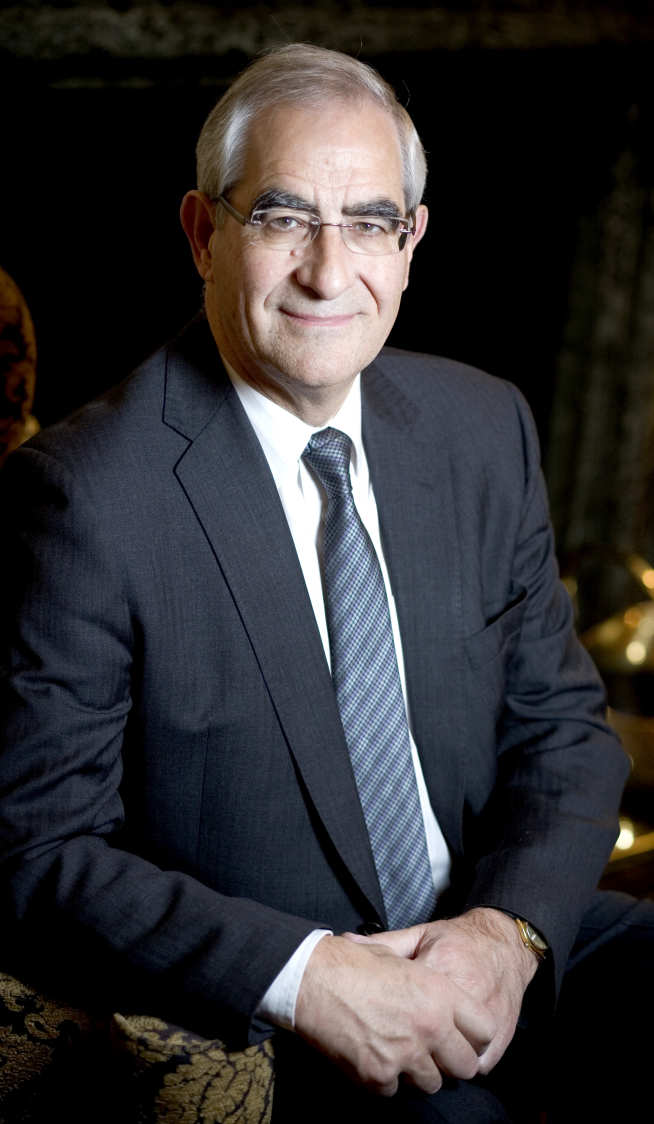
Excellence is a healthy preoccupation for the Rector
Many of you have shared that same message with me over the past year at events in London and across the globe. You wish to see Imperial continually flourish because you, like me, believe that what we do here makes a real difference to society.
The translation of our research can transform lives. To give an example, a new collaboration with the Royal British Legion will find novel ways to protect service men and women from injuries caused by explosive devices (see page 8).
Through the educational experience we provide, we give students academic expertise, broaden their horizons and equip them with skills for their future careers. The impact can be seen through the success of our alumni, who contribute to a wide variety of fields and endeavours, extending Imperial’s reach far and wide. As Hang Cheong Tan, President of the Imperial College Alumni Association of Singapore, said at a reception last summer: “The mark of a truly world class institution is measured by what its graduates do after leaving.”
Combat wounds Lab equipment replicating the impact of explosions aims to help researchers improve treatment of bomb injuries
To continue making a real difference in this way, we need the right route map and, critically, the right fuel. With radical changes to the way higher education is funded in the UK, reducing the amount universities receive from the government, it is essential that we seek out and explore new sources of funding.
Many of you have already stepped forward to help – nearly 4,000 of you understood the urgent need I highlighted last summer for scholarships to support the brightest students who may struggle with the cost. Thanks to your contributions we were able to spend £624,000 on Rector’s Scholarships in 2011–12, awarding many more than ever before. Imperial is far behind its global competitors in the size of the endowment funds it can call upon, so I am hugely grateful to all of you who have supported us. Your contribution helps to ensure that we continue to achieve the excellence in education, research and translation that is core to our mission.
The articles in this issue of Imperial bear testament to some of the big ideas and creative approaches to education currently emerging from the College. The new field of metamaterials championed by physicist John Pendry (see page 16), or the astounding and realistic surgical simulations developed by Roger Kneebone and his colleagues to train surgeons and immerse public audiences in the surgical experience (see page 28) are cases in point. It is world-changing innovations and advances like these that we need to find new ways to sustain in the future.
I hope to welcome many of you to the inaugural Imperial Festival, which includes the Alumni Reunion on Saturday 12 May, and to meet many more of you further afield, during my visits to countries across the world. I look forward to receiving your guidance on the College’s future path.
Best wishes,
Sir Keith O'Nions